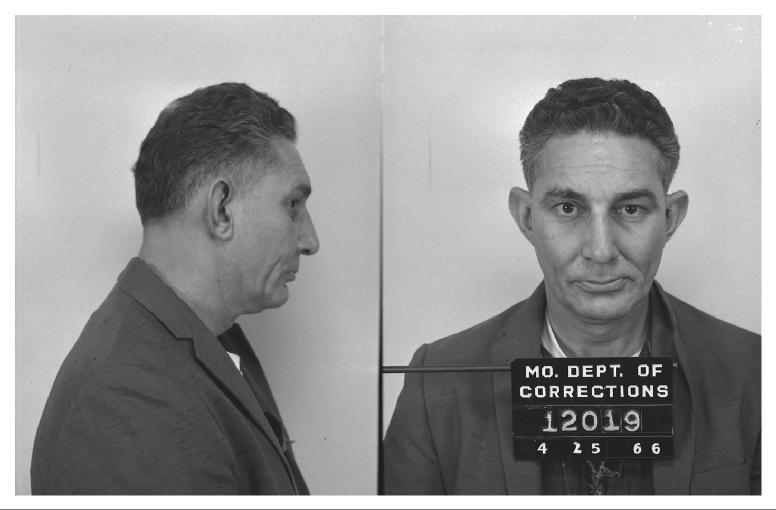Recommended Posts
QuoteJo, I'm sorry to hear about your stroke.
However, it seems unfair to blame it on a phone call from Jerry, even if it took place, and even if it was a trigger (I am not sure it can be but what do I know), but it is clear that a stroke results from chronic problems that have built up over time.
What I had is call a "warning" thing - I forgot the name of it. I had numbness in my face and arm along with pain behind my eye and a ringing in my ear - I thought it was associated with my nerves or a serotoin rush that causes my heart to race. Due to a complication with my celiacs disease I throw excessive cortisol when I get upset resulting in a serotin rush which makes my heart beat very fast...similar to a panic attack except mine has a physical cause.
This has basically been undercontrol because it can lead to damage in the heart valves...which was checked out about 3 months ago with a Heart CT and function test.
Therefore I ignored it until I noticed my left eye drooping. I was so mad at Jerry the other night that I just spouted off... stroke, but they had another name for it.
I have an appointment with a neurologist next wk. to make sure it is not something else. Thanks for the concern..
TO ALL:
By the way I believe I have stated before that I always had to call Jerry at his request because he didn't always have a phone. The night of that phone call he sent me a PM telling me to call him. Therefore technically he is correct - I called him.
QuoteDuane threw money into the Columbia (just like
Tom Kaye has). He wrote something on the packet
with a magic marker (Jo says), just as Tom wrote on
his packets.
Georger,do not recall having said Duane wrote anything on the sack. As far as I know he did not.
ALSO: I have been very busy today - I went to Pensacola with the book and your instructions . Two different parties told me they do not have this equipment and said it would only show a watermark or prints. I am not sure they understood what I was looking for as they sell coins and deal little in paper money or old books.because that is what I am trying to avoid and the FBI doesn't even care.
Copyright 2006, 2007, 2008, 2009, 2010, 2011, 2012 2013, 2014, 2015 by Jo Weber



If Jo or anyone can put Duane in a chute or jumpship/dropship pre NORJACK and I'll reconsider all my conclusions.
Really liked your conspiracy theory psych posts Orange. I was working in rural Louisiana after the moon landing. It seemed like everyone residing in Bayou Country besides me thought it was faked. They REALLY did think it was a hoax, no doubts at all. Nothing I could do would convince them of anything besides my own gullibility.
377
Share this post
Link to post
Share on other sites